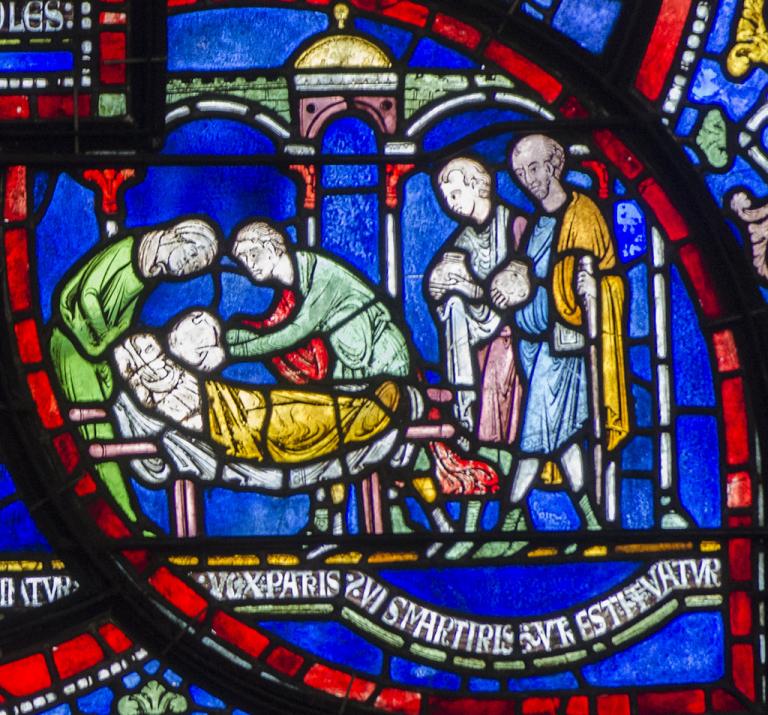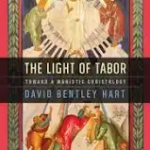The world is panicking over the coronavirus. China, South Korea, and now Italy are practically shutting down–closing factories and businesses, cancelling sporting events and other large gatherings, restricting travel–in an attempt to limit the spread of the disease. The American economy–so interconnected with that of the rest of the world–is being pulled down, with the stock market plunging, global businesses hit by the loss of production and markets, and uncertainty halting investments.
Some people are predicting the end of the world, practically. Others are insisting that the coronavirus is over-hyped and that the fears are unwarranted.
As of this date, there have been only 149 cases of the coronavirus in the United States, with 11 deaths. The number will probably go up dramatically now that testing kits have finally gone out to the nation’s medical labs. But right now there is no need for Americans to panic. And yet we need to take the prospect of an epidemic very seriously.
Here is what you need to know about the coronavirus infections. (Technically, the virus is known as COVID-19, to distinguish the virus that originated in Wuhan, China, from the host of other coronaviruses, most of which do little harm.) The following information, drawn from the linked sources, is what we know now:
About 80% of the people who contract the Wuhan coronavirus (technically known as COVID-19 to distinguish it from the other more benign coronaviruses) experience very mild symptoms—a cough, fever, shortness of breath, but not usually even a runny nose or a sore throat. But about 20% become very sick, with severe flu-like symptoms, diarrhea, and often pneumonia. About 5% go into critical condition, with respiratory failure and organ shutdowns. And about 3% die.
This means that any given person who catches the coronavirus has an excellent prognosis. A 3% mortality rate seems low. But if the virus, which is very contagious, is widespread, the results could be catastrophic. A 3% mortality rate means that for every 100 people who get infected, three of them die. For every thousand, 30 die. For every million, 30,000 die.
Furthermore, the mortality rate is higher with older people. For those 70-79, the death rate is about 8%. For those 80 and up, the death rate is nearly 15%. Nearly half of the deaths in the U.S. have been among the elderly.
Children, thankfully, seem little affected by the virus. Only 1% of the recorded cases are of children under nine, and there have been no deaths, so far, in this group.
But don’t more people die from the flu than from this coronavirus? To be sure, some 18,000 Americans have died of the flu this season. That compares to 3,000 deaths from the coronavirus worldwide. But the parallel is misleading. The death rate for the flu is only .1%. Many more people get the flu than have gotten the coronavirus, which is just starting to spread. Flu also has a predictable time frame, with a “flu season.” There is also a vaccine for the flu.
Researchers are working frantically to develop one for COVID-19 and progress is reportedly being made, but it would take at least a year for the required testing and development before a vaccine could be made available to the public.
Ironically, that the virus has so little effect on 80% of those infected is one of the reasons it is so difficult to combat. In fact, the disease can be spread even before symptoms have developed. People who do not even realize that they have the virus and so are out and about in their normal lives can spread the infection to people who will die from it.
There is no cure for the coronavirus, though certain symptoms can be treated. The only way to battle the epidemic is to limit its spread. That means quarantining people who have it. Restricting travel from areas with a high infection rate. Avoiding large gatherings.
The surgical masks we see on television in infected areas cannot prevent a person from breathing in the viruses spread in the air by coughs–only higher-tech respirators can do that–but if infected people wear them, they can shield the air from their coughs. Simple hand-washing can also help in preventing infections.
What about church? A church in South Korea–actually, a cult–is reportedly the source of that country’s infections. In high-infection areas, churches are suspending worship services. Already in the United States some Catholic dioceses have stopped offering the common cup in Holy Communion–reverting to the pre-Vatican II practice of receiving only the consecrated bread, which the directives say should be taken in the hand rather than placed on the tongue, for fear of infecting the priest with contaminated saliva. Those dioceses and some liturgical Protestants have also stopped the practice of “passing the peace” with handshakes and hugs. (See, some good can come even from an epidemic.)
But, again, such measures are surely premature in the United States, at least at this point. Still, churches might do well to develop contingency plans if the worst happens, perhaps working out the logistics for online meetings and assemblies.
We have blogged about the newfound relevance of Luther’s writing “Whether One May Flee from a Deadly Plague.” He emphasizes staying at our vocations during an epidemic and taking the opportunity to love and serve our neighbors, caring for the sick and taking measures to fight the disease. Today this would surely include the patient acceptance of quarantines, restrictions, and other inconveniences. But Luther also sees a bigger picture.
When “a deadly epidemic strikes,” said Luther, we should “take courage in the fact that we are mutually bound together.” We should not just see the plague as God’s punishment but as an occasion “to test our faith and love.”
Photo of coronaviruses under an electron microscope: Content Providers(s): CDC/Dr. Fred Murphy – This media comes from the Centers for Disease Control and Prevention’s Public Health Image Library (PHIL), with identification number #4814, via Wikimedia Commons.


















